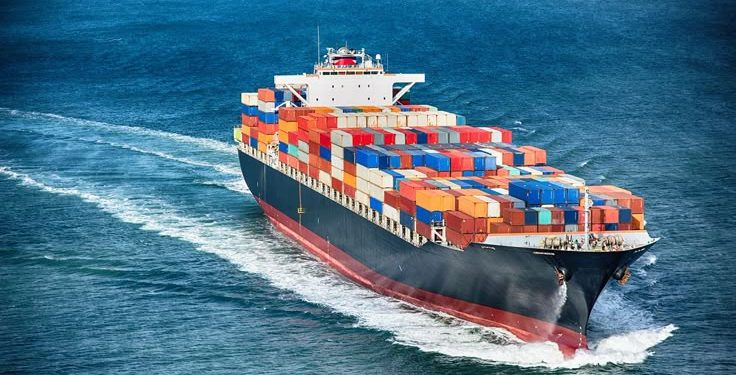Jakarta, Indonesia Sentinel — The Indonesian government has assured that its plan to increase imports of food and oil and gas from the United States will not disrupt Indonesia long-term goals of achieving food and energy self-sufficiency.
The announcement follows Indonesia’s proposal to boost imports from the U.S. by an estimated $18–19 billion. The move is part of a broader effort to engage in reciprocal tariff negotiations imposed by U.S. President Donald Trump.
Speaking at a virtual press conference on Friday, April 18, Coordinating Minister for Economic Affairs Airlangga Hartarto stressed that the planned increase in food imports would not compromise the nation’s food independence targets.
“Our food self-sufficiency program will remain intact and is not at all affected by the commodities we plan to purchase from the United States,” Airlangga said.
He clarified that the imported goods include items that Indonesia already brings in from abroad, such as wheat, soybeans, and soy milk.
“These are products we’ve always imported, not just from the U.S., but also from Australia, Ukraine, and other countries,” Airlangga explained. “This is not about increasing the volume of imports, but rather about diversifying and shifting our sources.”
By redirecting some imports from other suppliers to the United States, Indonesia is aiming to support more balanced trade relations with U.S., without impacting domestic agricultural output.
A similar approach is being taken in the oil and gas sector. Minister of Energy and Mineral Resources Bahlil Lahadalia emphasized that increased oil and gas imports from the U.S. will not interfere with Indonesia’s energy self-sufficiency efforts.
Read Also:
Indonesia Plans to Increase $18–$19 Billion in U.S. Imports Responding to Trump Reciprocal Tariffs
Bahlil stated that Indonesia is not increasing its overall import volume. Instead, the government is shifting its oil and gas import sources originally from countries in the Middle East, Africa, and Southeast Asia to boost imports from the United States.
“This is simply a switch. We’re shifting to the U.S. It won’t burden the state budget, and it doesn’t increase our overall import quota. There’s really no issue here. It’s just a change in supplier,” said Energy and Mineral Resources Minister Bahlil Lahadalia following a meeting at the Presidential Palace in Central Jakarta on Thursday (April 17, 2025).
Bahlil also assured that the move would not spark trade tensions with previous supplier countries, emphasizing that Indonesia’s trade agreements are non-binding and operate under free market principles.
(Raidi/Agung)


























